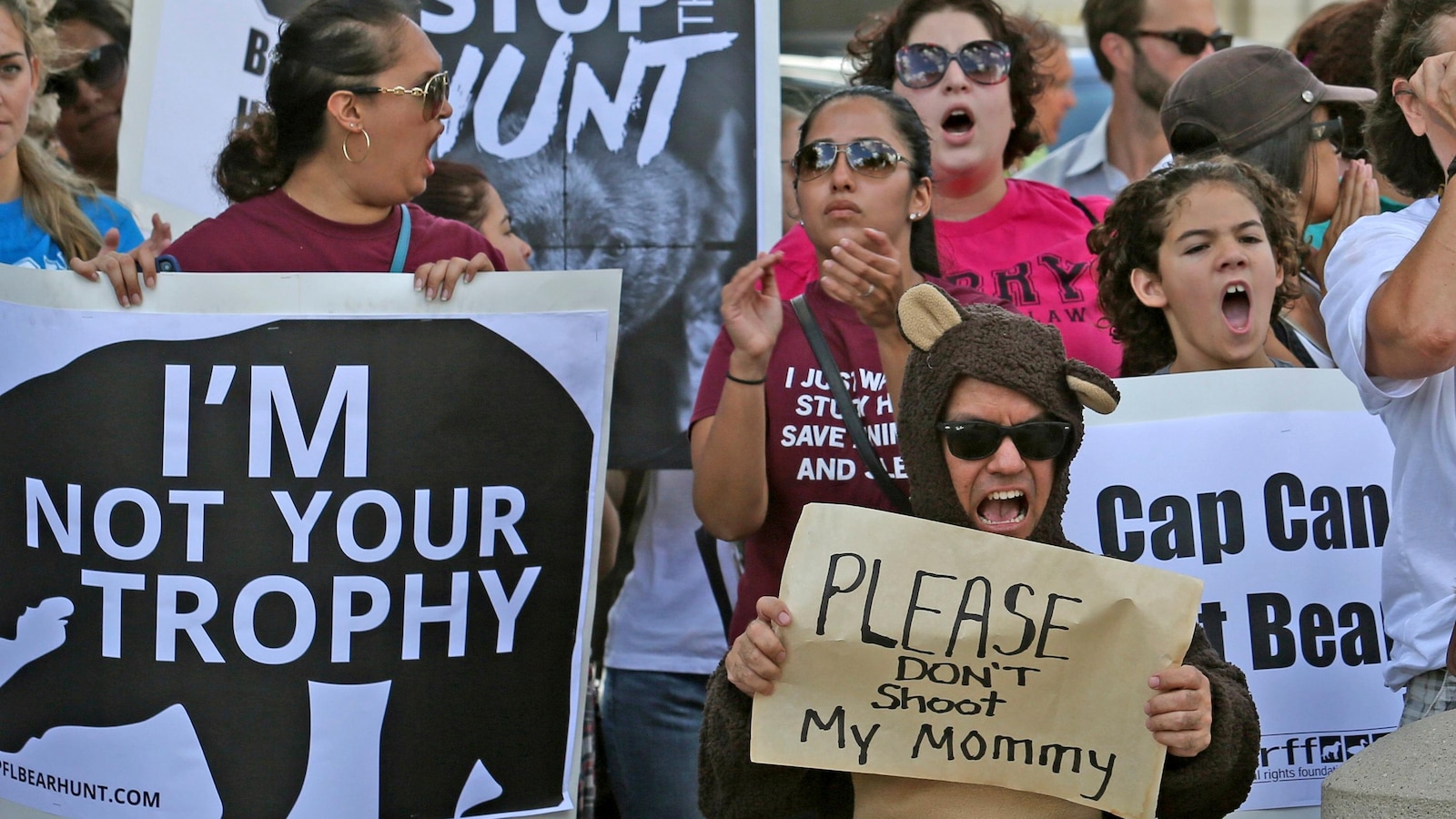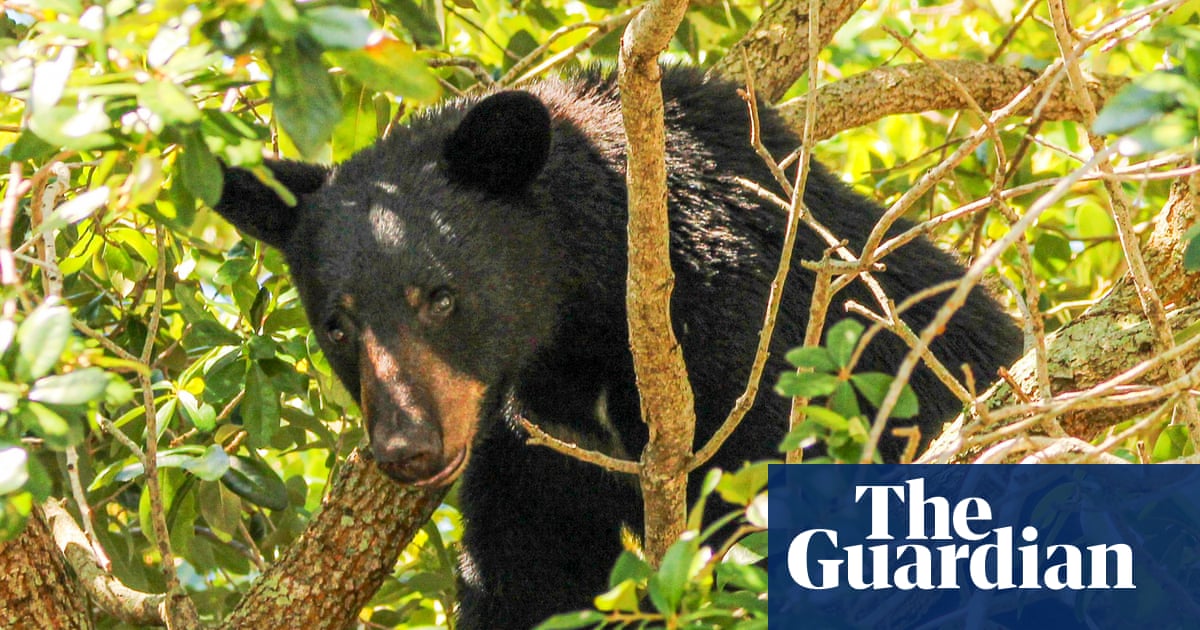Florida Approves Black Bear Hunt Amid Strong Opposition
Florida has approved a black bear hunt, issuing 187 permits via random drawing for a $5 fee. Opponents strongly criticize the hunt as cruel and unnecessary.
Subscribe to unlock this story
We really don't like cutting you off, but you've reached your monthly limit. At just $5/month, subscriptions are how we keep this project going. Start your free 7-day trial today!
Get StartedHave an account? Sign in
Overview
- Florida has officially approved a black bear hunt, setting a strict limit of 187 permits for the controversial event within the state.
- Permits for the black bear hunt will be chosen through a random drawing process, requiring a $5 application fee from all interested participants.
- Opponents and protesters have strongly criticized Florida's black bear hunt, labeling it as cruel, unnecessary, and barbaric.
- The strong condemnation from these groups highlights significant public disagreement with the state's decision to proceed with the bear hunt.
- Despite the widespread criticism, Florida has moved forward with the hunt, allowing a limited number of permits to be issued.
Report issue

Read both sides in 5 minutes each day
Analysis
Center-leaning sources cover the Florida black bear hunting season neutrally. They focus on reporting the factual details of the Florida Fish and Wildlife Conservation Commissioners' unanimous decision, including the hunt's rules, timeline, and historical context of the bear population. The coverage provides practical information without employing loaded language or emphasizing a particular viewpoint, maintaining an objective tone.
Articles (3)
Center (2)
FAQ
Permits for the Florida black bear hunt are obtained through a random drawing (lottery) system that requires a $5 application fee. Each hunter can apply unlimited times but can only receive one permit. The cost of a permit is $100 for residents and $300 for non-residents, with non-residents limited to 10% of available permits.
Opponents and protesters argue that the black bear hunt is cruel, unnecessary, and barbaric. They also emphasize that it represents a step backward in wildlife management, expressing concern about overpopulation of people rather than bears. Strong public opposition has been demonstrated through protests and lawsuits.
The number of bears to be hunted each year is set by the Florida Fish and Wildlife Conservation Commission based on bear population data, growth rate, management objectives, and bear deaths from other causes. For 2025, the permit quota is 187 bears distributed across four bear management units with specific harvest caps per unit.
Hunters are allowed to use archery equipment and firearms, including rifles, pistols, shotguns, and muzzleloaders. In future seasons, the use of dogs will also be permitted to aid in selective harvest. Hunters must follow specific tagging and harvest reporting rules.
The hunt prohibits killing bear cubs and females with cubs. Permits are allocated based on strict population management with harvest caps per bear management unit. The hunt is limited to certain parts of Florida where bear populations are sufficient, and regulations require tagging and reporting to ensure responsible harvest practices.
History
- This story does not have any previous versions.



